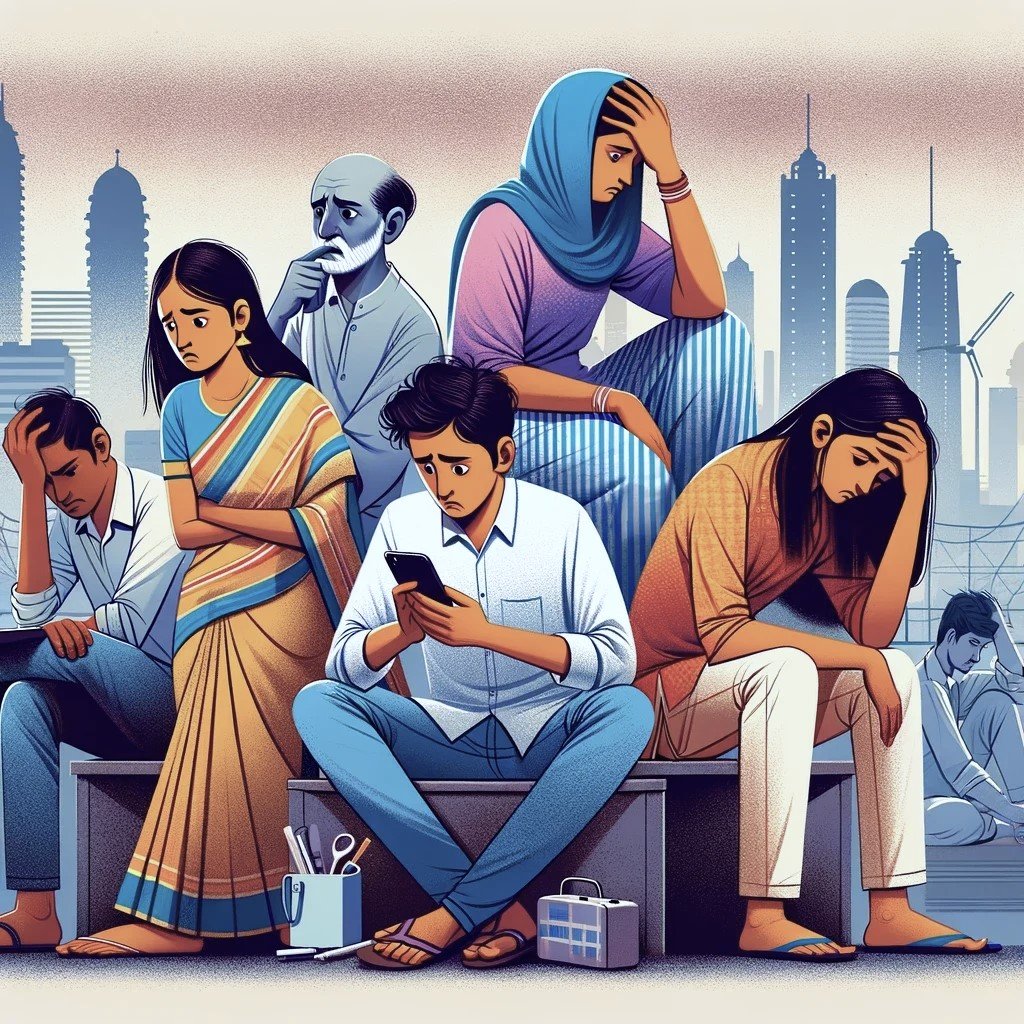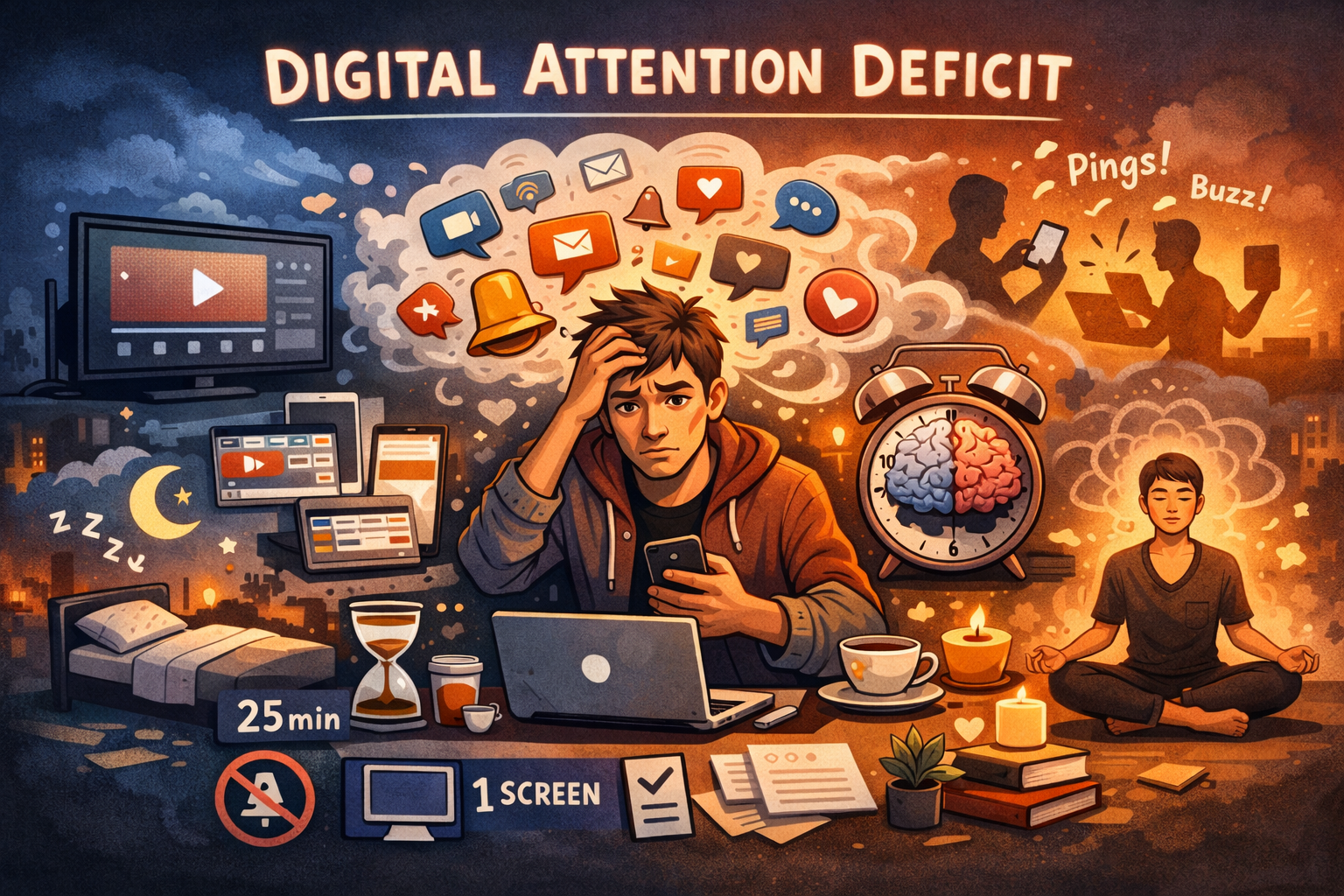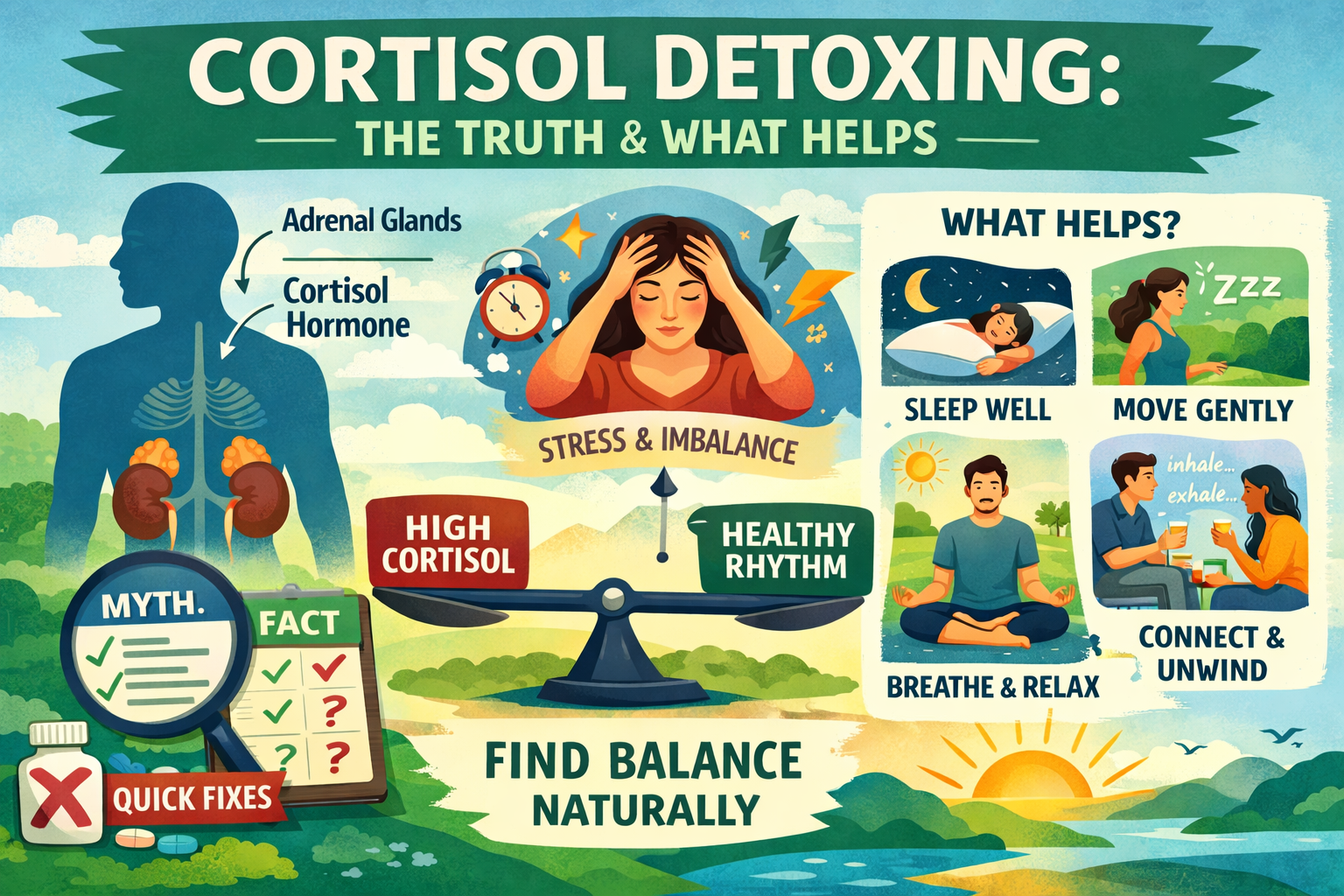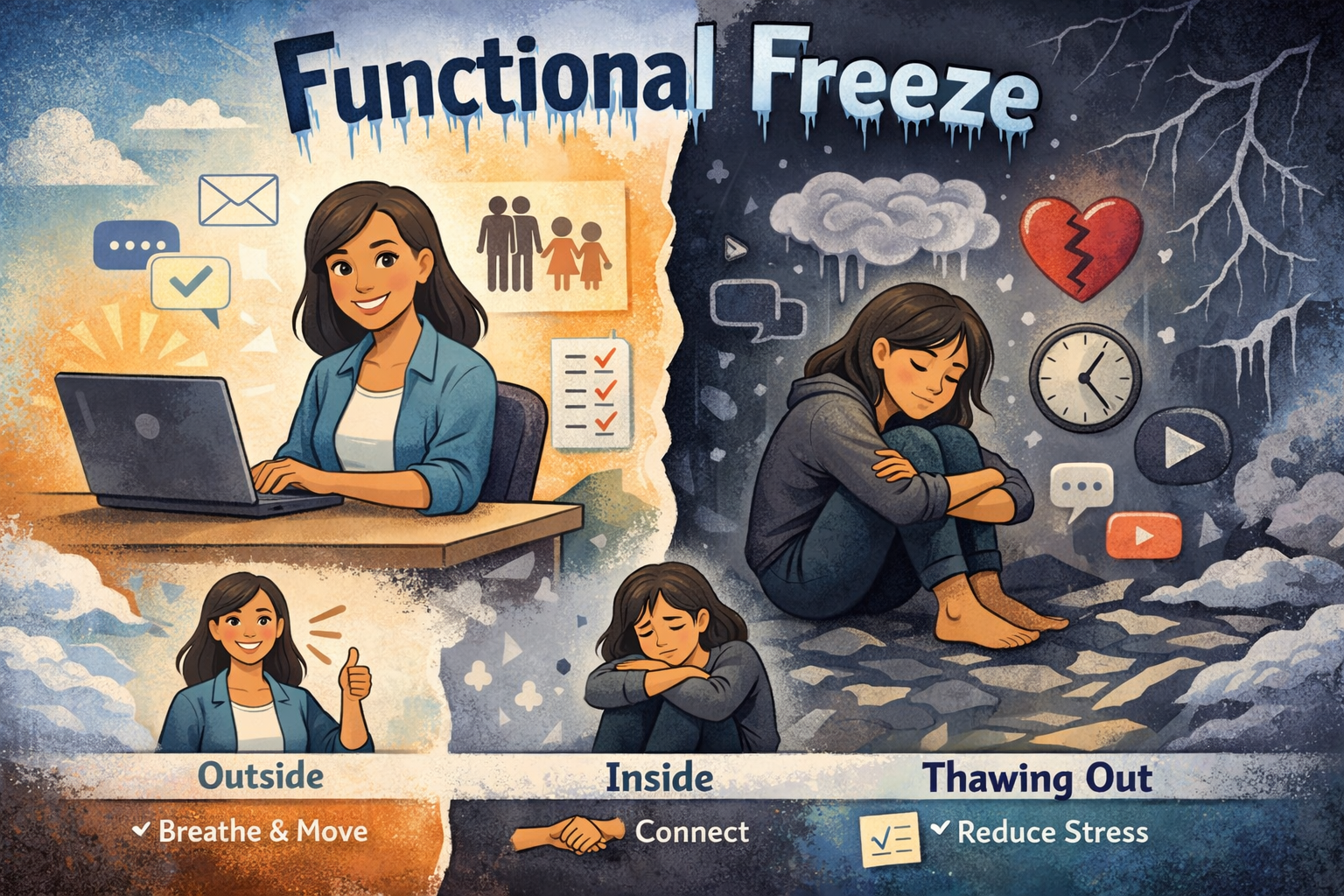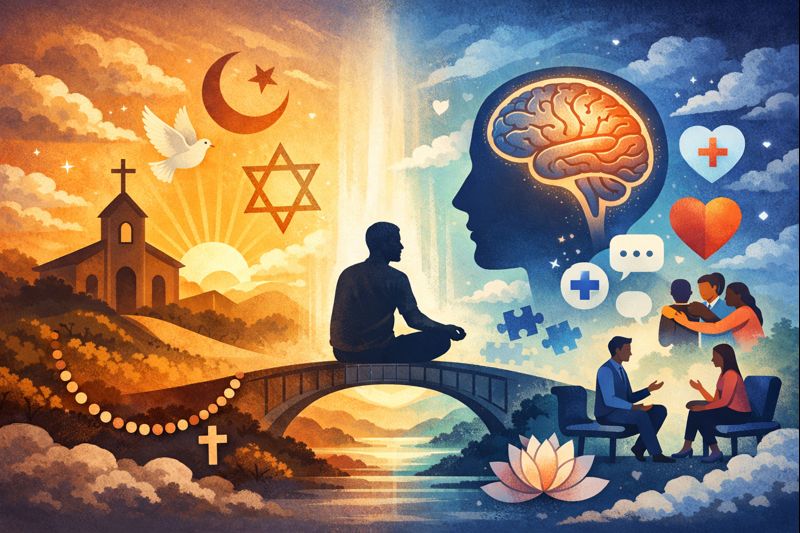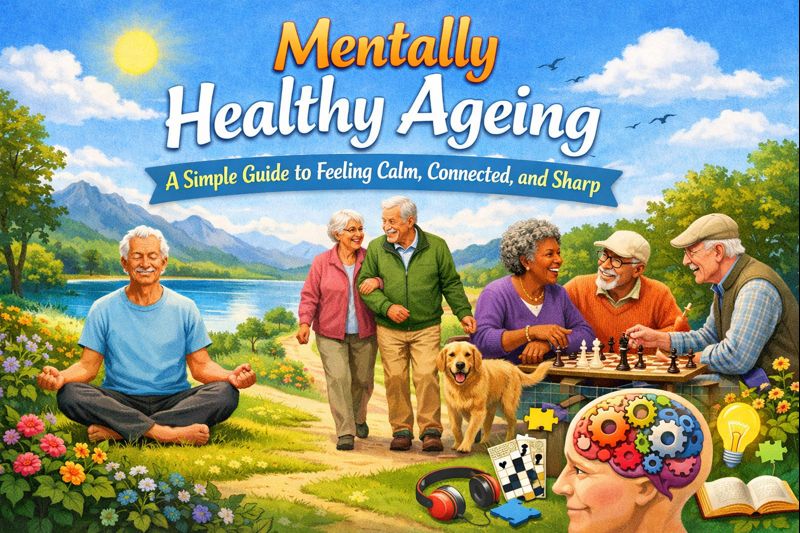Introduction:
For millennia, our ancestors lived as hunter-gatherers. They were constantly facing the harsh realities of nature. Survival in this cruel environment depended on one primal instinct. That is the fight-or-flight response.
That is how the heightened awareness became embedded in our collective psyche. As a result, we have shaped the way we respond to threats and dangers even today.
While the context and nature of our threats have changed. But the core of the fight-or-flight response remains the same. It is a legacy of our hunter-gatherer past. This is still an integral part of our modern lives. Understanding this primal response to fear can help us navigate these present-day challenges.
Understanding Anxiety
What is Anxiety? Anxiety is a natural stress response. It is characterized by feelings of fear, apprehension, and nervousness. In a way, it is our body’s way of alerting us to potential dangers. Besides, preparing us to face challenges. When anxiety becomes overwhelming, it can interfere with daily life.
Causes of Anxiety
Modern Lifestyle and Anxiety: One of the primary reasons for the rise in anxiety today is our modern lifestyle. Three things have an impact on our lifestyle.
The first is the pressure to succeed. We are living in a high-paced and materialistic world. The yardstick of success is not the happiness and peace we experience. In fact, it is the status and power we enjoy and the wealth we accumulate.
The second factor is our instant and incessant connectivity through digital devices. We have become highly distracted, restless, and anxious.
The last is an information overload and the bombardment of information. These three factors can all contribute to increased anxiety levels.
Genetic and Environmental Factors: Anxiety often runs in families. There may be a genetic link. Traumatic and stressful experiences in our early childhood can also trigger anxiety disorders. Our childhood experiences can trigger many emotional and mental health problems, later in life.
Symptoms of Anxiety
Physical and Emotional Signs:
We mostly experience the following symptoms of anxiety.
• Restlessness or feeling on edge
• Rapid heartbeat
• Difficulty concentrating
• Excessive worrying
• Sleep disturbances
• Muscle tension
It is important to recognize these signs early to address anxiety effectively. Otherwise, these symptoms may aggravate with time.
Treatment Options: the following options are available to us to alleviate anxiety symptoms.
Professional Help: Consulting a mental health professional is a crucial step in treating anxiety. Therapists can provide personalized treatment plans. These may include therapy, medication, or a combination of both.
Cognitive-Behavioral Therapy (CBT): It is an effective form of therapy for anxiety. CBT involves, first, identifying, and challenging negative thought patterns and behaviours. Second, replacing them with more positive ones.
Medication: In some cases, doctors may prescribe medication to help manage anxiety symptoms. These medications are often used in combination with alternate therapy for the better results.
Coping Strategies
Lifestyle Changes: Anxiety can better be managed through these lifestyle changes.
- Engaging in physical activity
- Regularly taking a healthy diet
- Getting enough sleep
These lifestyle changes can all help us to reduce anxiety symptoms. Exercise releases endorphins, which are natural stress fighters.
Eating a healthy diet that is low in sugar and caffeine can help to reduce anxiety symptoms.
Getting enough sleep is also important, as lack of sleep can contribute to anxiety symptoms.
Mindfulness and Relaxation Techniques:
The practices, which can reduce stress and anxiety levels are:
(1) mindfulness-based meditation
(2) deep breathing exercises, and
(3) yoga exercises
Mindfulness helps in staying in the present. Therefore, it reduces overthinking. It is our ability to be present in the moment. Observe our internal and outer world non-judgmentally. The greater the mindfulness, the more control we can exercise, over our emotions and thoughts. This ability we can create through meditation practice.
Social Support:
Talking to friends, family, or support groups can provide comfort and reduce feelings of isolation. These symptoms can be associated with anxiety. Many studies have shown a positive correlation between social support and anxiety symptoms. Stronger social support can help to promote mental and emotional health.
Stress Management:
Learning effective stress management techniques is key to preventing anxiety.
- Time management,
- Setting priorities right, and
- Taking short breaks in between long hours of work can help in managing stress.
A large number of people at the workplace get stressed due to their inability to manage time and priorities. They need to set realistic goals to overcome work-related stress.
Conclusion:
Understanding anxiety in the context of modern life is crucial. We should recognize the causes and the symptoms, we experience. Then we need to seek appropriate treatment and adopt coping strategies. By doing so, we can effectively navigate our way through anxiety. Remember, seeking help is a sign of strength, not weakness. With the right approach, anxiety can be managed. This can in turn lead to a healthier, more fulfilling life.


